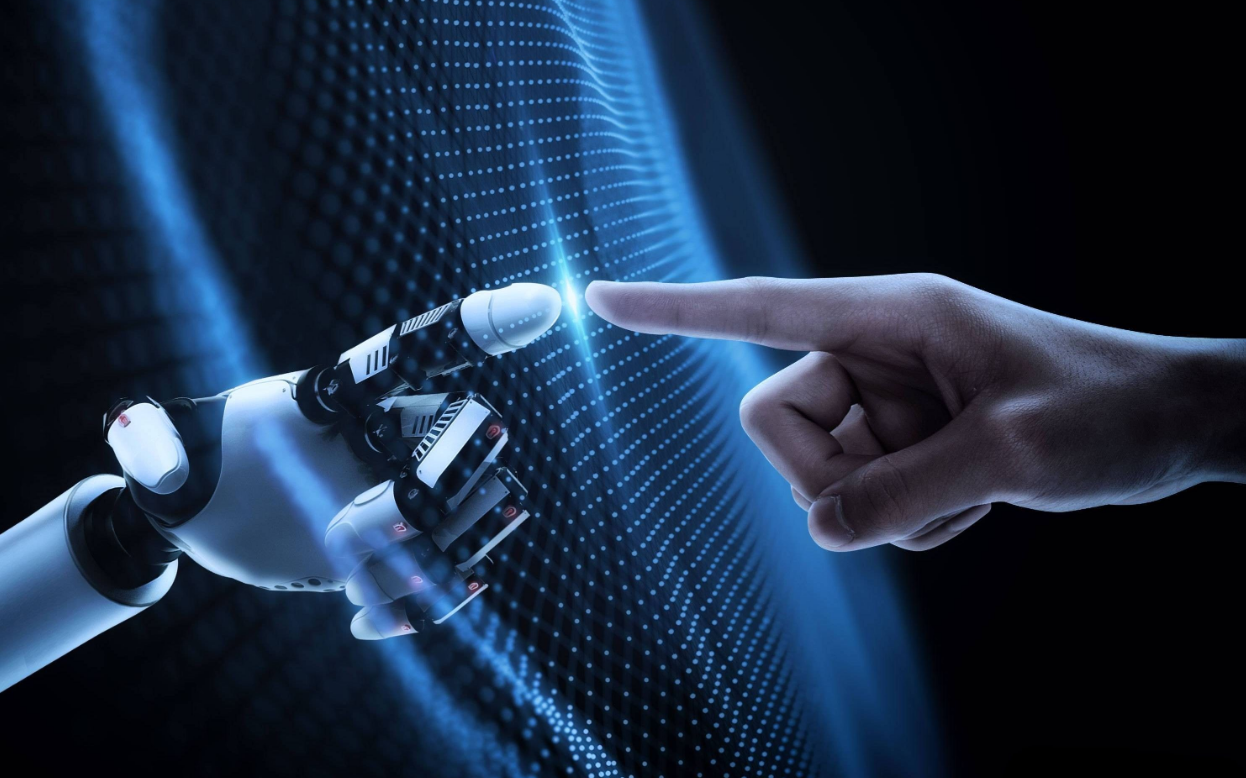Microsoft has established a new artificial intelligence laboratory in Tokyo, Japan, marking a major progress in its AI research layout in the Asia-Pacific region. The laboratory will focus on the fields of embodied AI, health, welfare and neuroscience, social AI, and industrial innovation, and will cooperate in depth with Japanese academia and industry. The laboratory is led by Yasuyuki Matsushita, a former Osaka University professor and senior researcher at Microsoft Research Asia. He will use his ten years of academic experience to lead the team to overcome problems in the AI field and contribute to global innovation and talent cultivation. Downcodes editors will give you an in-depth understanding of this exciting project.

Microsoft Research recently grandly unveiled its latest laboratory in Tokyo, Japan, marking the company's further deepening of its AI research layout in the Asia-Pacific region. As the leader, Yasuyuki Matsushita, a former Osaka University professor and senior researcher at Microsoft Research Asia, returns to Microsoft with ten years of academic experience to start a new chapter.
This new laboratory will focus on the fields of embodied AI, health, welfare and neuroscience, social AI, and industrial innovation, and is highly consistent with Japan's socio-economic development priorities. Through in-depth cooperation with local academia and industry, the laboratory will inject new impetus into global innovation and talent cultivation.
In an interview, Matsushita Yasuyuki said that his choice to return to Microsoft Research stems from its outstanding research capabilities in the AI era and the significant opportunities brought by the establishment of a new laboratory in Tokyo. He pointed out that Microsoft's internal tools and resources have changed dramatically over the past decade, but the innovative culture of open collaboration remains unchanged.
Talking about the future plans of the Tokyo Laboratory, Matsushita Yasuyuki emphasized that it will focus on solving social problems. He said that Japan's solutions to the challenges it faces in terms of population aging are of great reference to the world. At the same time, Japan’s profound accumulation in the fields of electronics, materials science and robotics, coupled with its strong industrial foundation and education system, provide broad space for the application of laboratory research results.
In terms of talent training, Matsushita Yasuyuki said that the laboratory will give priority to innovative talents with a passion for solving social problems. He plans to continue Microsoft Research Asia's successful talent program and cultivate the next generation of technology innovators through joint research, visiting scholars, and internship opportunities.
As an expert in the field of computer vision, Matsushita Yasuyuki shared his research results in photometry and video analysis, including the development of gigapixel cameras for the digital protection of Dunhuang Mogao Grottoes and the development of video stabilization technology for Windows 7. He believes that the emergence of deep learning has greatly promoted the development of the field of computer vision.
Regarding embodied AI research, Matsushita Yasuyuki emphasized that this field goes beyond traditional robotics and is committed to developing intelligent systems that can understand and interact in physical and virtual environments. He looks forward to cooperating with local Japanese industry and academic institutions to promote the development of this complex field.
Finally, Matsushita Yasuyuki suggested that young people who are interested in devoting themselves to computer vision and AI research should have a solid grasp of basic knowledge of mathematics and computer science, while maintaining a continuous learning mentality to adapt to this rapidly developing field.
The establishment of Microsoft's new laboratory in Tokyo will not only promote the development of artificial intelligence technology, but also provide new ideas and solutions to solve global social problems, which is worth waiting for. The editor of Downcodes believes that under the leadership of Professor Yasuyuki Matsushita, the laboratory will achieve fruitful results.